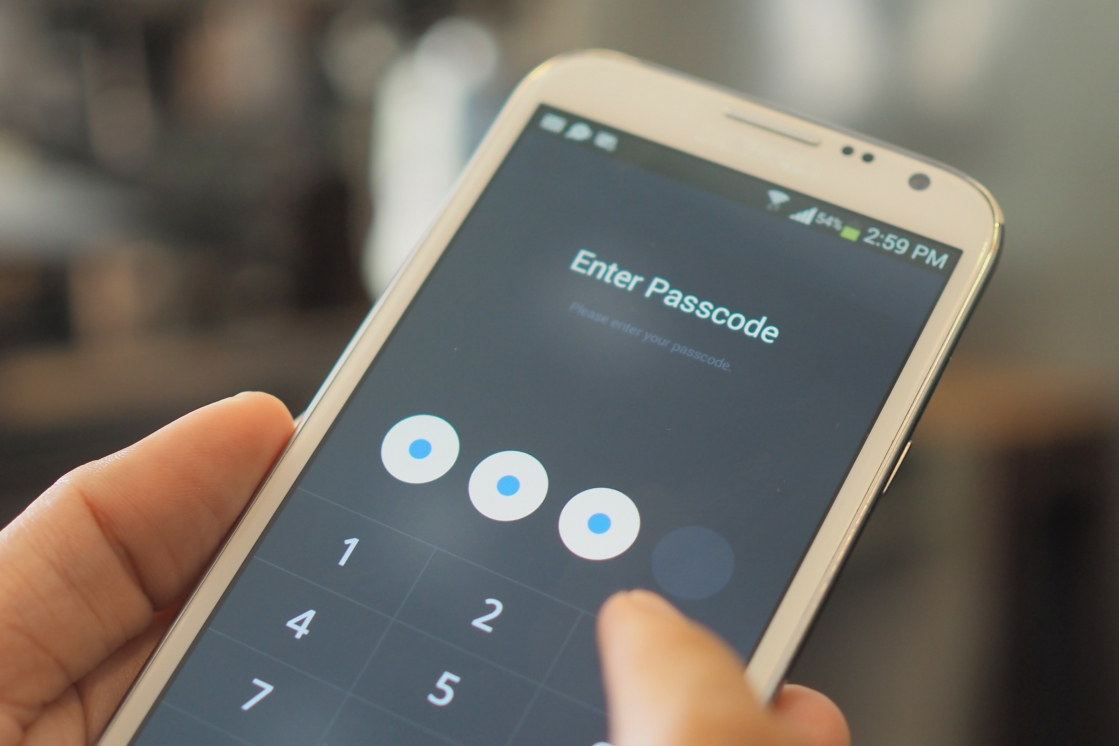Who doesn't love a good auction? And these days, you don't even have to leave the house to find a bargain. According to a Roy Morgan Research Survey, 38 per cent of Australians bought one or more items over the internet in the year to September 20141, and internet auctions have been a big part of this. Whether you're buying a new set of golf clubs, finding a great pair of shoes or picking up a used book or two, you can find almost anything on auction and trading sites.
So they're exciting, convenient and good for your budget - what's not to love? Like anything you do over the internet, you've got to keep one eye open. These sites can be a target for scammers looking to make a quick buck from unsuspecting bidders. Here's how you can help keep your identity safe and your wallet intact when the digital hammer falls.
Look out for warning signs
Auctions sites are usually pretty good at picking the scams from the genuine vendors, but every now and again one can fall through the cracks - and you could have your details stolen as a result. These con artists have a knack for listing fantastic items at a very cheap price just to lure you into revealing your credit card or bank details. You could end up with an absolute dud - or nothing at all.
Sure, that one-of-a-kind vintage teapot looks fantastic on the screen - but what do you really know about the seller? In the online auction world, what other buyers say about a vendor is incredibly important. Before you place the winning bid - or push that 'buy now' button - have a look through their profile. Most sites let buyers give feedback and ratings on transactions, which can give you a good idea of how reliable a seller is.
Be a bit cautious around new sellers in particular. They won't have as much of a history as the seasoned members, so take a close look at what they're selling. If it seems too good to be true, it probably is.
Stick to a reliable site
Alarm bells should start ringing if a seller wants to complete the purchase outside of the auction website, whether by email, wire transfer or otherwise. Online auctions mightn't be covered by quite the same trading laws as normal online retailers, but they'll still have their own measures in place to stop the crooks - and this includes their payment system.
Stick with sites that use reputable ones like PayPal - money is transferred between two electronic accounts, so you don't have to give your details directly to the seller. Additionally, they typically have a policy to protect you if things go pear-shaped, which might even mean a refund.
If you're worried about all the devious ways scammers are trying to get hold of your personal information, why not secure yourself a little peace of mind? For the cost of a cup of coffee a month ($3.99) or a yearly subscription of $47.88, Identity Watch can take the weight off your shoulders and let you know if your details pop up in a dark corner of the internet, like illegal forums where your personal details are illegally traded.
1 Australia's online shoppers more likely to buy local. Roy Morgan Research survey. November 2014.

